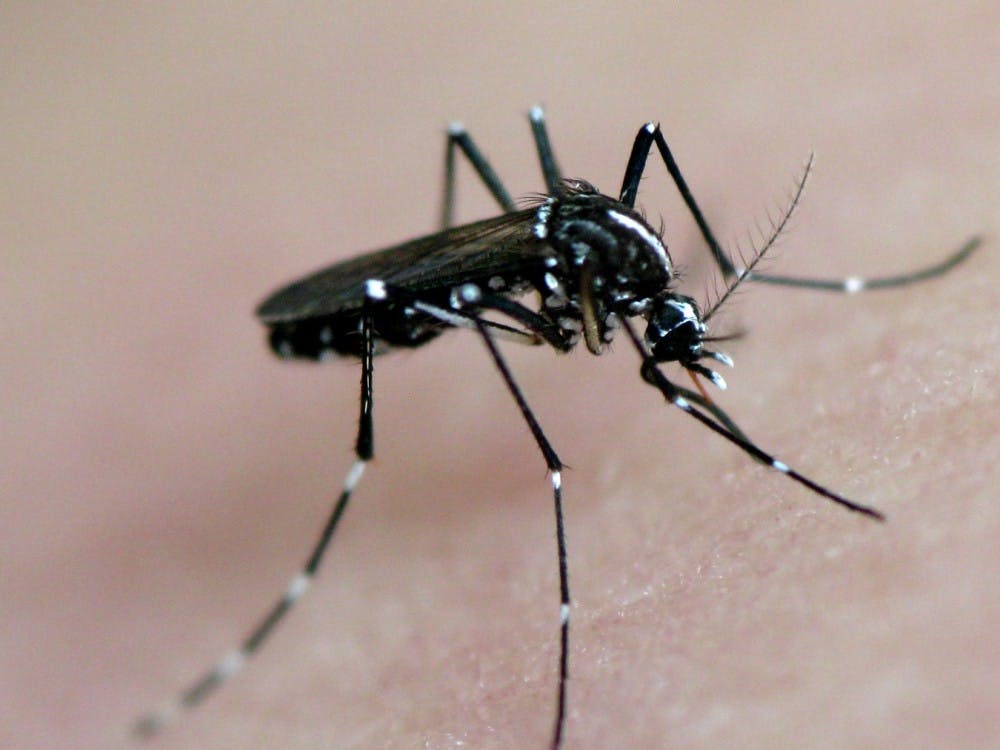By Julia Camara | Contributor
Health officials are anxious about the rising threat of the Zika virus in the U.S., reporting that mosquitoes capable of carrying the virus are now found in 30 states. This affects Puerto Rico, particularly, in that it could face thousands of cases.
The Obama administration requested an emergency fund of $1.9 billion on February 9 to aid in accelerated research into vaccines and for education for the population at risk. On Monday, a White House PR representative said that the Obama administration agreed to increase pressure on Republican-led Congress. They hope to pass the emergency funds to research and prepare for the impending Zika outbreak in the continental U.S.
In the absence of emergency funds, the White House said it would direct $510 million to combat Zika prior to its suspected eruption in the US as the climate changes. Dr. Anthony Fauci, director of the National Institute of Allergy and Infectious Diseases, explained that with no surplus funds available, the government must redirect money from elsewhere.
Fauci said, according to USA Today, that the more scientists learn about the damaging neurological effects, the more they are concerned about the gravity of the virus.
Dr. Anne Schuchat is the deputy director of the U.S. Centers for Disease Control and Prevention (CDC). "Everything we look at with this virus seems to be a bit scarier than we initially thought," Schuchat believes, according to the Guardian.
She expressed that, though the CDC hopes the outbreak can be contained, precautions are of the utmost importance. Zika is still running rampant in Latin America and the Caribbean, remains the main instigator for the microcephaly birth defects found in Brazil.
"We'll have to start raiding other accounts, and very important research in other diseases is going to suffer, and suffer badly," she said, according to the Guardian.
Though previously thought to only appear in 12 states, the mosquito species that transmits the virus has been found in 30. The CDC does not anticipate a huge outbreak of the virus, yet they cannot deny that a national problem could soon arise, according to The Guardian.
According to the CDC, Zika outbreaks are occurring in many countries. Among U.S. territories, local mosquito-borne transmission has occurred in Puerto Rico, the US Virgin Islands and American Samoa. The only cases in the continental U.S. have been travel-related.
The CDC's Emergency Operations Center is the hub for monitoring and coordinating the emergency response to the virus. Operations Center researchers' work includes developing laboratory tests to diagnose Zika and conducting studies to learn more about the link between Zika, Guillain-Barré syndrome and microcephaly. This birth defect is where children are born with tiny heads that cannot develop fully. Guillain-Barré syndrome is when the immune system attacks the nervous system, which can result in paralysis. While monitoring and reporting cases of Zika, researchers in the Operations Center are also providing guidance to travelers and Americans living in areas touched by the virus.
Research currently shows Zika can have negative effects to a fetus at any point of a woman's pregnancy, not just during the first trimester. With summer approaching and the Brazil Olympic Games drawing near, the CDC is discouraging pregnant women from journeying to Brazil and other affected areas.






